
As we approach the close of 2025, one theme has echoed across boardrooms, leadership retreats, and strategy sessions: disruption is not slowing down; it’s evolving.
From geopolitical uncertainty to AI-driven transformation and the quiet reshaping of workplace cultures, this year has tested leaders in unprecedented ways. Yet, amidst all this, a profound truth has emerged: how we lead through disruption defines whether we survive change or shape what comes next.
At DCG Consulting Group, we’ve spent this year working with organisations and executives who are rethinking leadership for a world that refuses to sit still. The lesson? Disruption is not an event to manage; it’s an environment to master. And the leaders who will thrive in 2026 are those who can turn disruption into a strategic advantage.
The Three Faces of Disruption and What They Teach Us
Disruption wears many faces. Understanding which one you’re dealing with is the first step to leading through it wisely.
- Self-Initiated Disruption: The Courage to Evolve Before You’re Forced To. The most progressive leaders don’t wait for pressure; they create it. This is a disruption you intentionally initiate to stay ahead of the curve.
Think of it as pruning a healthy tree so it can grow stronger. It’s uncomfortable, but it’s necessary for reinvention.
Lesson: As 2025 winds down, take an honest audit of your leadership and systems. What needs to be disrupted before the new year forces your hand? - Internal Disruption: When Change Comes from Within. Restructuring, new leadership, or evolving team dynamics can unsettle even the strongest organisations. But internal disruption is often where transformation begins.
Lesson: Don’t rush to restore order; listen, recalibrate, and let this phase redefine how your team collaborates and creates.
- External Disruption: When the World Moves Faster Than You Can Plan.
Markets, technology, and geopolitics move at lightning speed. The question isn’t if they’ll change, but how fast you can pivot.
Lesson: Build adaptive systems, not rigid strategies. The more fluid your processes, the more resilient your business.

The 4Ps of Navigating Disruption
At DCG, we call this the Leadership Compass, a four-dimensional framework that equips leaders to not just respond to disruption, but lead confidently through it.
Presence: Staying Centred Amid Chaos. As 2025 closes, many leaders are running on empty; mentally, emotionally, and physically. But presence isn’t about being everywhere; it’s about being fully here.
When disruption hits, your calm and clarity set the emotional tone of your organisation.
Reflection for Leaders: How present have you truly been this year, in your meetings, with your people, and with yourself?
People: The Core of Every Adaptive Organisation. Disruption exposes a simple truth: it’s not technology that drives change; it’s people who adapt to it. Investing in empathy, inclusion, and collaboration has become a competitive advantage. The leaders who will thrive in 2026 are those who can unlock the creative intelligence of their teams.
Action Step: End the year by listening more than you speak. Ask your teams: What did we learn this year? What do we need to unlearn next?
Positioning: Where Vision Meets Strategy. In disruptive times, positioning isn’t about being the biggest; it’s about being the most aligned. It’s how Netflix stayed relevant when DVDs disappeared and how nimble African enterprises are outpacing global giants through digital adaptation.
Action Step: Revisit your 2026 strategy. Are you positioned for where your market is going or where it’s been?
Pace: The Rhythm of Resilient Leadership. One of the biggest lessons of 2025? Leadership requires rhythm. Move too fast, and you burn out teams; move too slow, and opportunity slips away.
Action Step: Establish quarterly “pause points”, intentional reflection moments to assess direction before accelerating.

The Human Side of Disruption
No leader can talk about innovation and agility without acknowledging the human impact of constant change. Disruption amplifies fear, fatigue, and friction, but it also awakens creativity, empathy, and collaboration when guided well. The leaders who excel at navigating this paradox don’t rely solely on data or systems; they lead with presence and humanity.
Takeaway: Your most important strategy for 2026 is your people. Equip them emotionally, not just operationally. When people feel seen and supported, they don’t just adapt, they innovate.
From Managing Change to Designing It
The most forward-thinking leaders are now shifting from change management to change design. They are not waiting to respond; they are architecting environments where adaptability is part of the culture.
As we prepare to step into 2026, it’s worth asking:
- What have we learned from the disruptions of this year?
- What systems and habits will we carry forward, and which ones must we leave behind?
- How can we make innovation our norm, not our reaction?
At DCG Consulting Group, we call this the Leadership Reset Moment. Every year-end offers leaders a chance to pause, reflect, and reposition not out of exhaustion, but out of intention. Disruption is not the enemy of leadership; complacency is.
As 2025 draws to a close, this is not just the time to look back at what went wrong or right. It’s the moment to look inward, build resilience, and step into 2026 with renewed clarity, courage, and compassion. Because in the era of endless disruption, the most innovative thing a leader can do is remain human.
Dzigbordi K. Dosoo: The H.E.L.P. Coach. Dzigbordi Kwaku-Dosoo is a Ghanaian multi-disciplinary Business Leader, Entrepreneur, Consultant, Certified High-Performance Coach (CHPC ) and global Speaker. She is the Founder and CEO of The DCG Consulting Group. She is the trusted coach to top executives, managers, teams, and entrepreneurs helping them reach their highest level of performance through the integration of technical skills with human (soft)skills for personal development and professional growth, a recipe for success she has perfected over the years. Her coaching, seminars and training has helped many organizations and individuals to transform their image and impact, elevate their engagement and establish networks leading to improved and inspired teams, growth and productivity.
) and global Speaker. She is the Founder and CEO of The DCG Consulting Group. She is the trusted coach to top executives, managers, teams, and entrepreneurs helping them reach their highest level of performance through the integration of technical skills with human (soft)skills for personal development and professional growth, a recipe for success she has perfected over the years. Her coaching, seminars and training has helped many organizations and individuals to transform their image and impact, elevate their engagement and establish networks leading to improved and inspired teams, growth and productivity.
The post Insights with Dzigbordi Kwaku-Dosoo: Innovative leadership in navigating disruption: Lessons for the road ahead appeared first on The Business & Financial Times.
Read Full Story









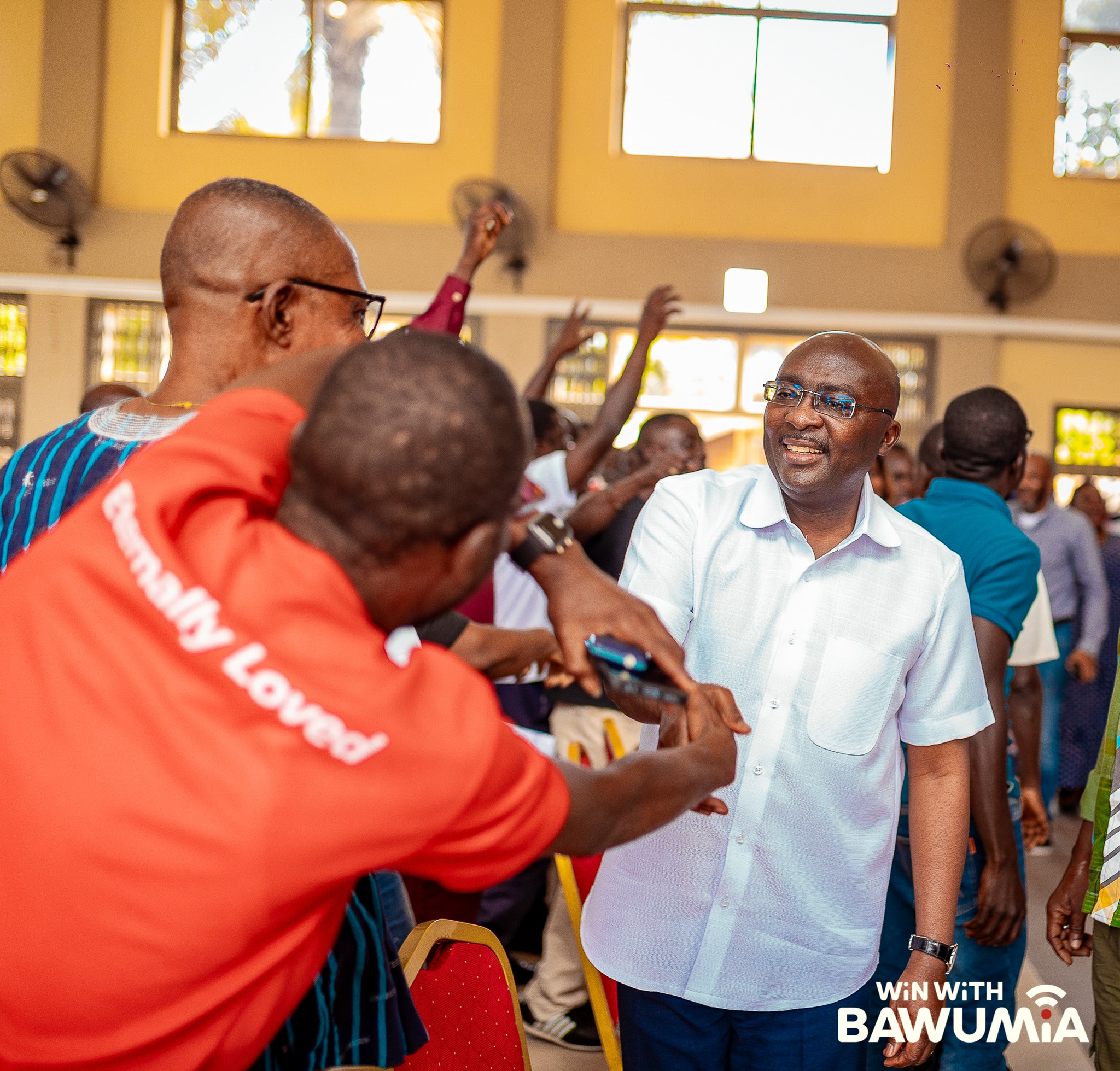

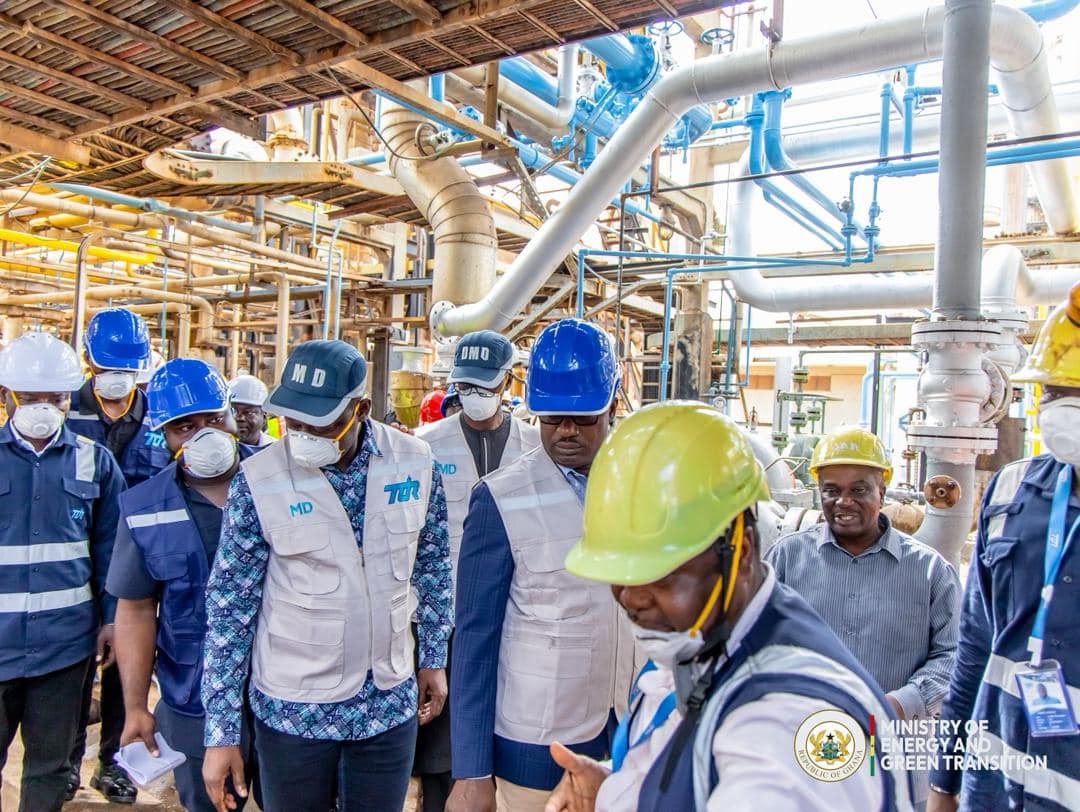
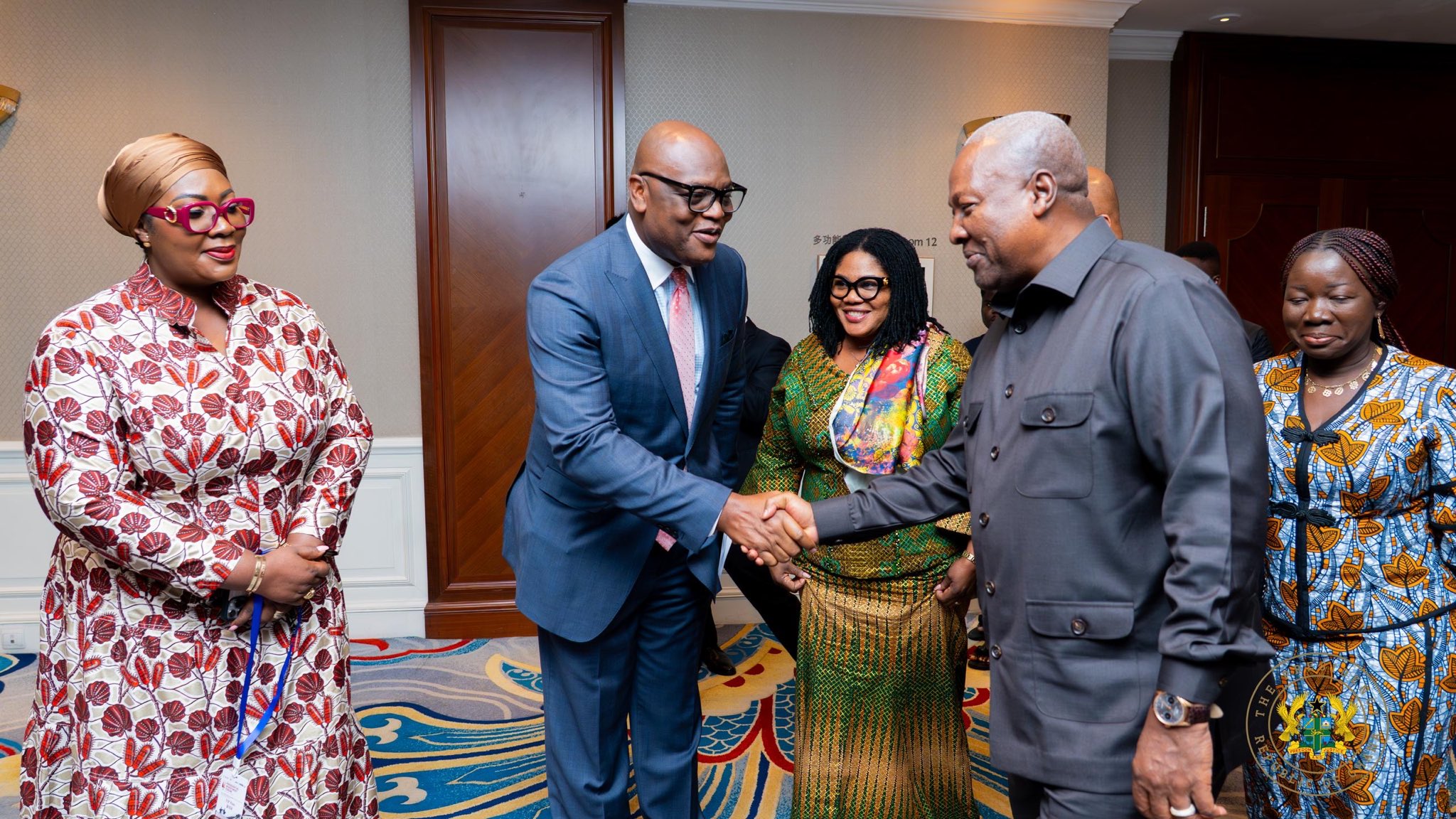


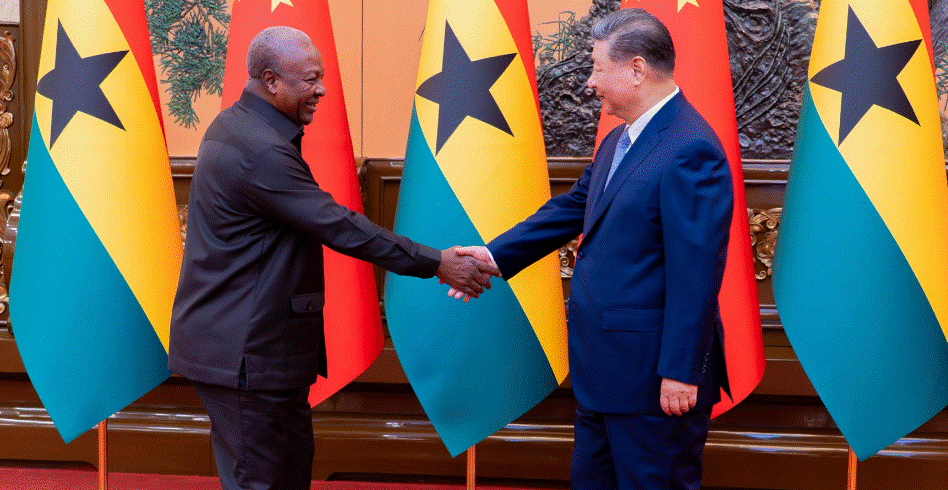

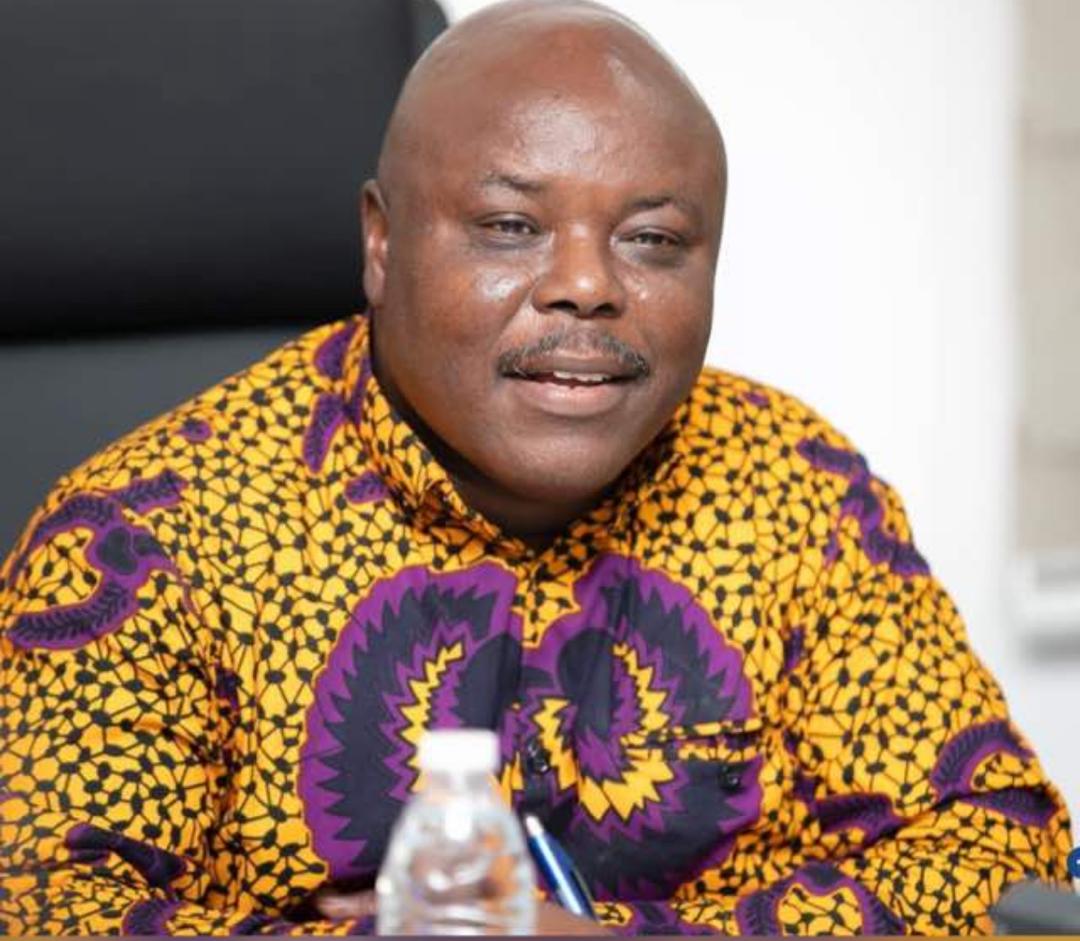



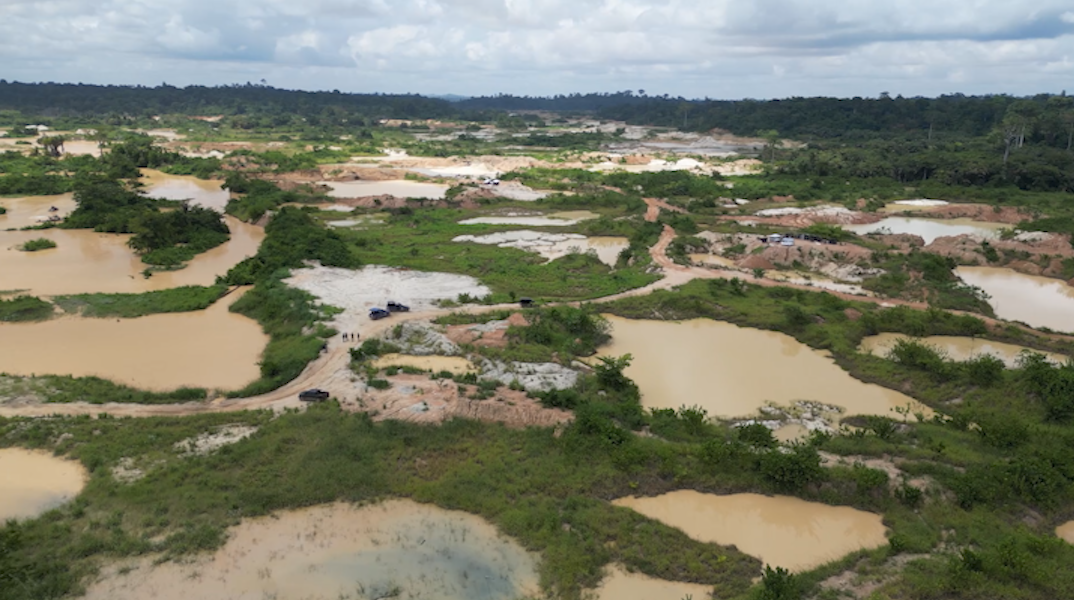
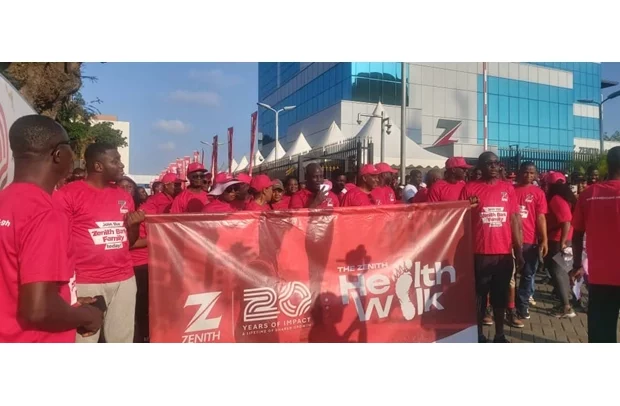

Facebook
Twitter
Pinterest
Instagram
Google+
YouTube
LinkedIn
RSS